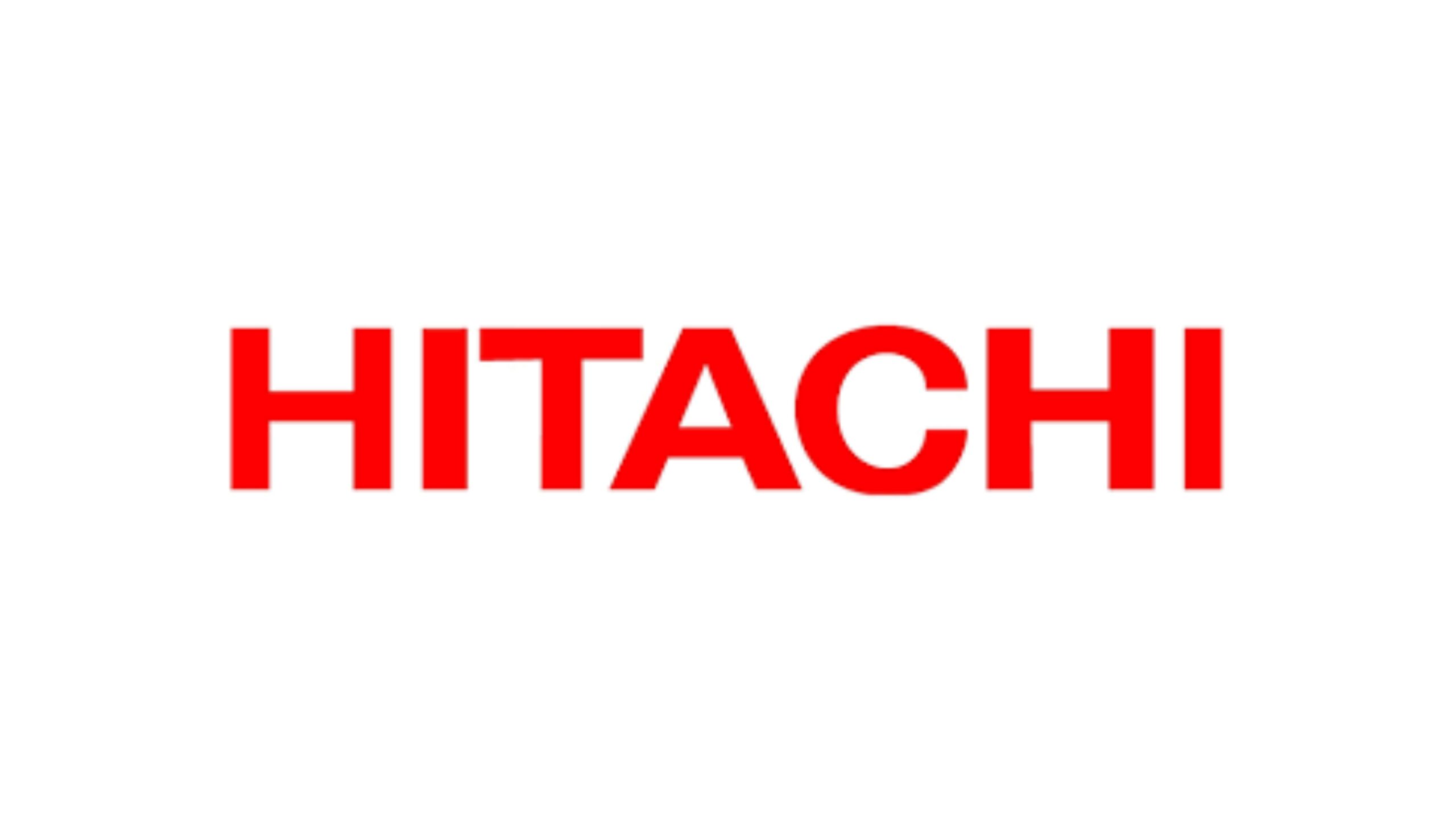Choosing the Right Oil for Your Rotary Vane Pump:…
Rotary vane pumps handle critical tasks across industries. Labs count on them for precise vacuum pulls during experiments. Factories use them to manage gases…











MECHVAC's customized vacuum systems revolutionized our semiconductor production—precision, efficiency, and reliability in one package!
Rotary vane pumps handle critical tasks across industries. Labs count on them for precise vacuum pulls during experiments. Factories use them to manage gases…
Rotary vane pumps play a key role in many industries thanks to their dependable performance in generating a vacuum or pressure. Overheating, though, can…
Rotary vane pumps stand out as dependable and effective devices across numerous sectors, ranging from factories to research labs. These pumps are recognized for…
